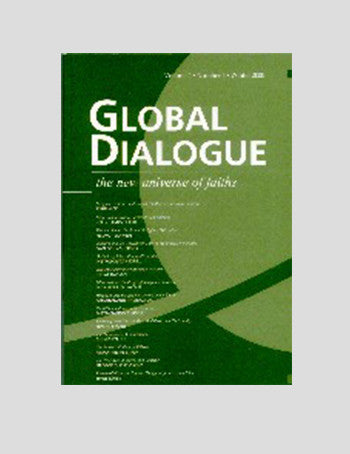
FINANCIAL TIMES
Beware of Small States
Beware of small states," the Russian anarchist Mikhail Bakunin warned a friend in 1870. In an age when small-state nationalism shook the politics of Europe from Belgium to the Balkans to the Baltic, Bakunin noted how countries seemingly vulnerable to larger, more powerful neighbours could prove a "source of trouble for their tormentors too".
For David Hirst, author and former Guardian journalist, Bakunin's warning captures Lebanon's distinctive place in the troubled politics of the Middle East.
For 50 years now, Hirst has lived in Beirut and shared in the country's violent history. The pain of that experience is inscribed in every page of this book, as he looks back in anger at a half-century of conflict. Lebanon's divided political leadership, its avid neighbours Syria and Israel, the Palestine Liberation Organisation (PLO) with its state within the Lebanese state, and the foreign powers that have sought to manipulate or control Lebanon: all come under Hirst's critical scrutiny. There are no good guys in Hirst's story, only the ambitious who have pursued their objectives ruthlessly, oblivious to the human cost.
Since the French created the modern state of Lebanon in 1920, the country has been torn by rival visions. The pro-western Maronites sought to forge a Christian state and made common cause with the Zionist movement in Palestine. The "minority alliance" of Christian Lebanon and Zionist Palestine developed through the 1920s and 1930s and reached its apogee in 1946, when the Maronite Patriarch Antoine Arida travelled to Jerusalem to sign a treaty of mutual recognition with Zionist leader Chaim Weizmann.
Other Lebanese Christians, and the country's large Muslim minority (which, through differential birth rates, overtook the Christian population to emerge as the majority community in Lebanon by the mid-20th century), rejected the whole idea of a separate Lebanese state and sought union with Syria and a central place in the Arab world.
The partisans of Christian Lebanon and the Arabists came to a compromise on independence in 1943. In return for Maronite recognition of Lebanon as an independent Arab state free of French protection, the Arabists were willing to abandon their demands for union with Syria. The National Pact, signed that year, also enshrined a power-sharing deal that conferred key offices and a parliamentary majority on Lebanon's Christians. The pact gave Lebanon a viable government in the short run but built sectarian tensions into the fabric of government, which would erupt in civil wars in 1958 and 1975.
The breakdown in the Lebanese state after 1975 revived the pro-Zionist and pro-Syrian divisions among Lebanon's feuding communities. Israel began to supply and train Lebanon's Maronite militias, while Syria occupied Lebanon in 1976 at the head of an Arab League-mandated peace force and shifted alliances with Lebanese militias to suit the demands of the moment.
The Israelis invaded Lebanon twice - in 1978, and again in 1982 - and retained a 15km strip in south Lebanon as a self-declared "security zone" until 2000. The Syrians withdrew their troops only after the 2005 assassination of former Lebanese prime minister Rafik Hariri.
Yet even since the formal withdrawal of Syrian and Israeli troops, Lebanon's fractious neighbours have continued to fight their battles on Lebanese soil.
Hirst spares no detail in recounting the atrocities inflicted on Lebanese and Palestinian civilians. His disdain for the cynicism of political language is palpable, as he sets apart particularly Orwellian buzzwords and phrases in inverted commas - often a half-dozen or more per page. The Maronite massacre of Palestinians under Israeli "protection" in Sabra and Shatila (1982); Syria's conduct of a proxy war with Israel through the Shiite militia Hizbollah; the Israeli Operation Grapes of Wrath, which left 165 Lebanese civilians dead in one attack on Qana alone; the July 2006 Israeli war against Hizbollah - all stand as lethal examples of greater powers punishing the small state of Lebanon but suffering major torments for their efforts there.
As anyone who follows the news will know, there is no happy ending to this story. Hirst, reflecting on his own book, concluded that "if, upon its completion, there was one main prognosis which it seemed to embody, it was surely that a seemingly interminable conflict which began with the sword the sword will end; but it may have to administer many a bloody and painful yet inconclusive blow before it finally does so."
Review by Eugene Rogan, he is director of the Middle East Centre at the University of Oxford. Rogan is author of ‘The Arabs: A History' (Allen Lane)



